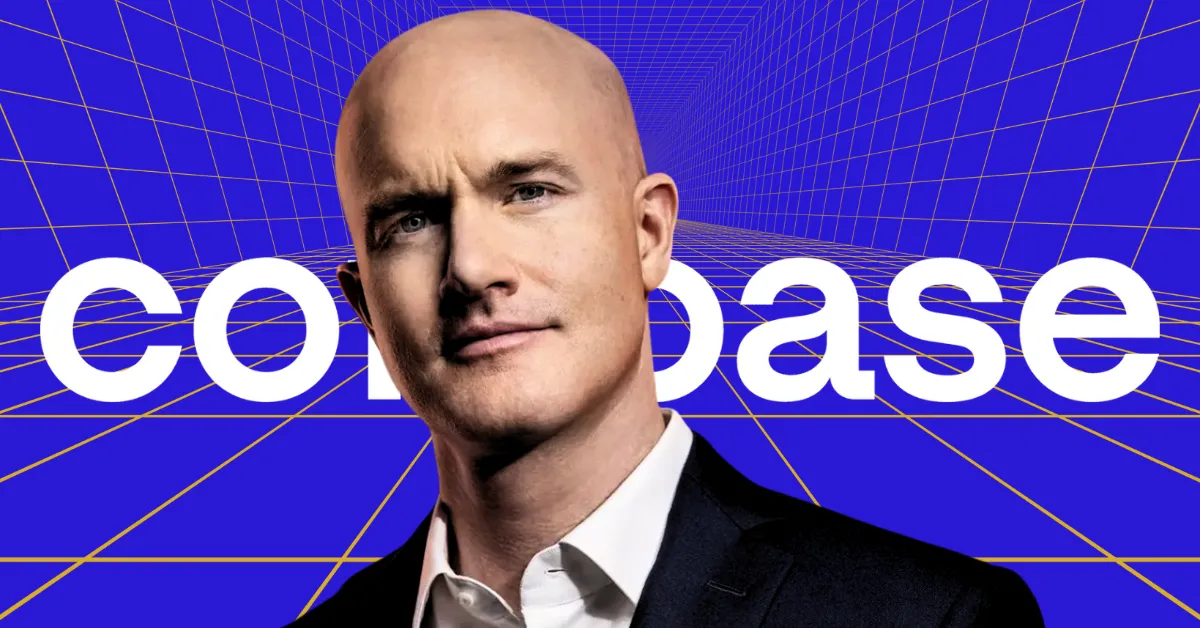
Coinbase CEO Brian Armstrong calls Trump’s Genius Act the start of a financial revolution.
The new law gives stablecoins legal status and clear regulatory backing.
Armstrong urges swift passage of the Clarity Act as the next step for U.S. crypto regulation.
The crypto industry just hit a major milestone. U.S. President Donald Trump has officially signed the Genius Act into law, a move Coinbase CEO Brian Armstrong calls the beginning of a financial revolution.
Speaking from the White House lawn in an interview with CNBC, Armstrong said the new law could transform how the world handles payments and finally bring the financial system into the modern age.
Stablecoins Get Legal Backing and Clear Rules
The Genius Act legally recognizes stablecoins and provides a clear regulatory framework for how they can be used. These digital assets, typically tied to stable currencies like the U.S. dollar, are now set to play a much bigger role in payments.
Armstrong explained that the law could help replace the outdated financial system with one that is faster, cheaper, and accessible from anywhere in the world.
He also shared the interview on social media to reinforce his message.
Still, Armstrong made it clear that more work needs to be done.
Next Goal: The Clarity Act
The crypto industry is now turning its focus to the Clarity Act, a broader bill aimed at regulating cryptocurrencies more fully.
President Trump has asked Congress to bring the bill to his desk by September 30. Armstrong said Coinbase will work alongside other companies in the industry to help make that happen.
Also Read: Coinpedia Digest: This Week’s Crypto News Highlights | 19 July, 2025
Mastercard Says This Is a Turning Point
The impact of the Genius Act is also being recognized by traditional finance leaders. Mastercard praised the law in a new article written by Executive Vice President Jesse McWaters.
He called it a turning point for stablecoins and said it brings much-needed regulatory clarity and confidence to the digital asset space.
McWaters also pointed to the growing global momentum behind stablecoins. He highlighted the European Union’s MiCA regulations, along with frameworks in Hong Kong and the UAE, as signs of a coordinated shift toward innovation in digital payments.
What This Means for the Future of Crypto
Now that stablecoins have legal recognition in the U.S., the country is laying the foundation to lead the next wave of financial innovation. These assets can offer smoother, more affordable transactions for both individuals and businesses.
As Coinbase and other crypto leaders push for the next round of legislation, the message is clear: the pace of change is picking up, and digital assets are becoming a key part of the future of global finance.
Trust with CoinPedia:
CoinPedia has been delivering accurate and timely cryptocurrency and blockchain updates since 2017. All content is created by our expert panel of analysts and journalists, following strict Editorial Guidelines based on E-E-A-T (Experience, Expertise, Authoritativeness, Trustworthiness). Every article is fact-checked against reputable sources to ensure accuracy, transparency, and reliability. Our review policy guarantees unbiased evaluations when recommending exchanges, platforms, or tools. We strive to provide timely updates about everything crypto & blockchain, right from startups to industry majors.
Investment Disclaimer:
All opinions and insights shared represent the author's own views on current market conditions. Please do your own research before making investment decisions. Neither the writer nor the publication assumes responsibility for your financial choices.
Sponsored and Advertisements:
Sponsored content and affiliate links may appear on our site. Advertisements are marked clearly, and our editorial content remains entirely independent from our ad partners.


![Why Is the Crypto Market Going up Today [Live] Updates](https://image.coinpedia.org/wp-content/uploads/2025/03/17174037/Why-Crypto-Market-Is-Going-Up-Today-Top-Factors-Driving-Prices-Higher-390x220.webp)





